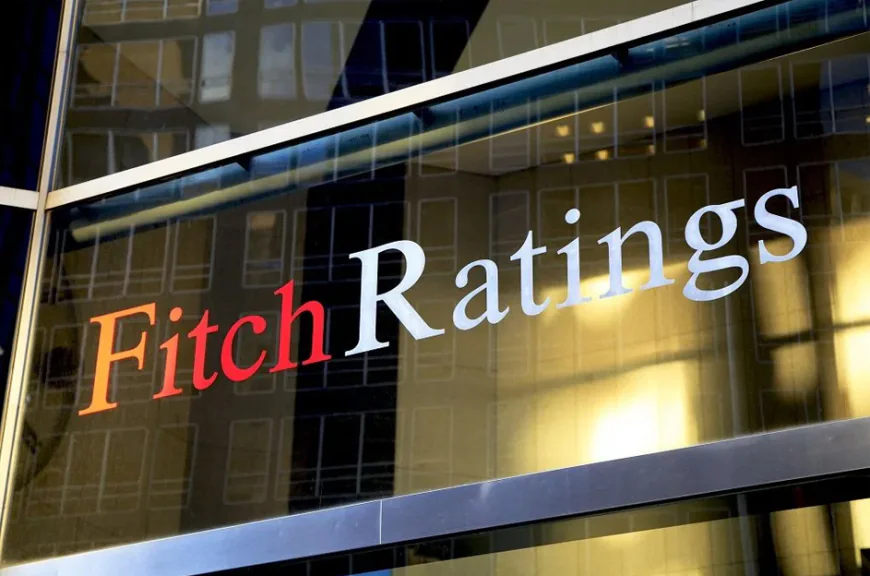Fitch Upgrades Ghana’s Credit Rating to ‘B-’
Fitch Ratings upgrades Ghana's credit rating from 'Restricted Default' to 'B-' with a stable outlook, citing improved debt restructuring, fiscal reforms, and stronger economic performance.

Global credit rating agency Fitch Ratings has upgraded Ghana’s Long-Term Foreign-Currency Issuer Default Rating (IDR) from 'Restricted Default (RD)' to 'B-', assigning a Stable Outlook. The upgrade reflects significant progress in Ghana’s debt restructuring and economic recovery efforts.
Key Drivers Behind the Upgrade
-
Normalized Creditor Relations: Ghana restructured $13.1 billion in Eurobonds by October 2024, with only $700 million in commercial claims remaining unresolved. Holdout risks are considered minimal.
-
Bilateral and Multilateral Debt Advances: The country ratified a debt memorandum for $5.1 billion in bilateral official debt in January 2025. Additional restructuring with supranational lenders is expected to conclude by end-2025.
-
Improving Fiscal Metrics: Ghana experienced fiscal slippage in 2024 (3.9% primary deficit), typical during election years. However, the new administration targets a 0.5% primary surplus in 2025 and 0.9% in 2026, driven by spending controls and reform implementation.
-
Debt Sustainability: Public debt is forecasted to decline to 60% of GDP in 2025–2026 from 72% in 2024 and a high of 93% in 2022, supported by robust nominal GDP growth and fiscal consolidation.
-
Reserves and Liquidity: International reserves rose to $6.8 billion in 2024. Continued accumulation is expected, enhancing Ghana’s ability to service external debt. Interest/revenue ratio is projected to stabilize at 26% in 2025–2026.
-
Macroeconomic Outlook: Ghana is on track for 4% GDP growth in 2025 and 4.5% in 2026, supported by recovery in cocoa production, expanding industrial activity, and services. Inflation is projected to fall to 15% in 2025 and 10% in 2026.
Fitch's Assessment on ESG and Governance
Fitch maintains an ESG Relevance Score of ‘5’ for Ghana on political stability, rule of law, and corruption control, citing governance as a key influence on its rating. While medium in percentile rank, Ghana's stable democratic transitions and institutional strength contribute positively.
Rating Sensitivities
Possible Downgrade Triggers:
-
Renewed liquidity challenges
-
Fiscal slippages
-
Declining reserves or external imbalances
Upgrade Potential:
-
Sustainable debt reduction
-
Strong fiscal consolidation
-
Higher foreign exchange reserves
Source: Fitch Ratings – Official Release


